Want to know how gender affects knowledge production? Do you want to challenge traditional notions of knowledge and explore the ways in which social identities shape our understanding of the world? If so, then let’s explore feminist epistemology and feminist philosophy.
What is feminist epistemology?
Before we can explore feminist philosophy and epistemology, we need to gain a clear understanding about the meaning and definition of feminism and feminist theory definition. So let’s get started.
Meaning and definition of feminism
Feminism is a social, cultural, and political movement that advocates for equal rights, opportunities, and representation for people of all genders, and challenges gender-based oppression, discrimination, and stereotypes.
Feminist theory definition:
Feminist theory is a diverse set of ideas and perspectives that seek to understand and challenge the ways in which gender and other social identities shape power dynamics, social structures, and cultural practices.
Feminist philosophy definition:
Feminist philosophy refers to a field of inquiry that seeks to understand and challenge the ways in which gender, sexuality, race, and other social identities shape philosophical inquiry, theories, and practices.
Now that we know the meaning and definition of feminism and feminist theory definition, let’s discover –
What is feminist epistemology?
Feminist epistemology focuses on understanding how gender affects knowledge production. It challenges traditional notions of knowledge and highlights the ways in which gender and other social identities can shape what we know and how we know it.
Related: Are Empowered Women Empowering Men? Or Are we Suppressing Them?

Understanding feminist epistemology
It is a way of applying feministic philosophy to the realm of knowledge production. It aims to understand the ways in which knowledge is shaped by power structures and social identities, and to promote a more inclusive and diverse approach to knowledge production.
By doing so, it contributes to the broader project of feministic philosophy, which seeks to transform traditional philosophical thinking by centering the experiences and perspectives of marginalized groups.
It is concerned with the ways in which gender and other social identities shape knowledge production. It aims to provide an alternative to traditional epistemologies that are often based on a narrow, Western, male perspective.
Feminist epistemology recognizes that knowledge is not neutral and that it is shaped by the social, cultural, and historical contexts in which it is produced. It also challenges the idea of objectivity, which is often seen as a hallmark of traditional epistemologies.
Instead, it emphasizes the importance of situated knowledge, which is knowledge that is produced from a particular perspective or situated in a particular social context. For example, a woman’s perspective on a particular issue may be different from that of a man, and both perspectives are valuable in producing a more complete understanding of the issue.
This epistemology seeks to reform the traditionally male-dominated field of epistemology. Its practitioners believe that feminist perspectives and values can enrich our understanding of knowledge and reasoning.
Key concepts in feminist epistemology
Here are some key aspects that we need to keep in mind –
1. Standpoint theory
Standpoint theory argues that knowledge is not evenly distributed across society and that marginalized groups often have a unique perspective on the world that is not available to those in positions of power.
For example, a woman may have a unique and different perspective on gender inequality from a man. To be able to understand and resolve the issue, we must consider both perspectives as valuable.
2. Epistemic Injustice
Epistemic injustice occurs when someone is denied access to knowledge or is not taken seriously because of their social identity. It is a form of oppression that can be challenged through this epistemology.
For example, a woman may not be taken seriously in a male-dominated field, or a person of color may be assumed to be less intelligent than a white person.
3. Intersectionality
Intersectionality is the idea that social identities intersect and interact with each other in complex ways. Intersectionality acknowledges the complexity of identity and the ways in which different social identities can affect knowledge production.
For example, a woman of color may experience sexism and racism in unique ways that a white woman or a man of color may not experience.
Related: 10 Examples Of Toxic Femininity That Should Be Called Out Now
Why is feminist epistemology important?
It is important because it challenges traditional notions of knowledge and highlights the ways in which gender and other social identities can affect knowledge production.
By recognizing the importance of situated knowledge and the unique perspectives of marginalized groups, this epistemology can help to create a more inclusive and diverse understanding of the world.
Feminist epistemology can also help to challenge epistemic injustice and promote social justice.
By recognizing the ways in which knowledge production can be biased and exclusionary, it can help to create a more equitable distribution of knowledge and challenge the power structures that perpetuate epistemic injustice.
Applying feminist epistemology in practice
It can be applied in a variety of fields, including science, politics, and education.
1. Science
In science, this epistemology can help to challenge the idea of objectivity and promote a more inclusive approach to research.
For example, a feminist approach to biology may recognize the ways in which gender affects biological processes and challenge the assumption that male bodies are the norm.
2. Politics
In politics, it can help to promote a more inclusive and diverse approach to policymaking.
For example, a feminist approach to immigration policy may recognize the unique experiences of immigrant women and challenge policies that are based on a narrow, male perspective.
3. Education
In education, it can help to promote a more inclusive and diverse curriculum. For example, a feminist approach to history may recognize the contributions of marginalized groups and challenge the idea that history is only made by powerful men.

Takeaway
Feminist epistemology is a valuable branch of feminist philosophy that challenges traditional notions of knowledge and highlights the ways in which gender and other social identities can affect knowledge production.
By recognizing the importance of situated knowledge and promoting a more inclusive approach to knowledge production, it can help to create a more equitable and just society.
Related: How To Stop Hating Men: 6 Ways
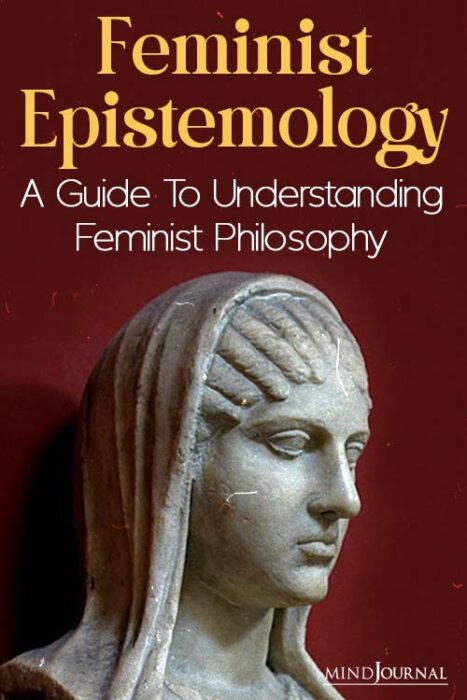
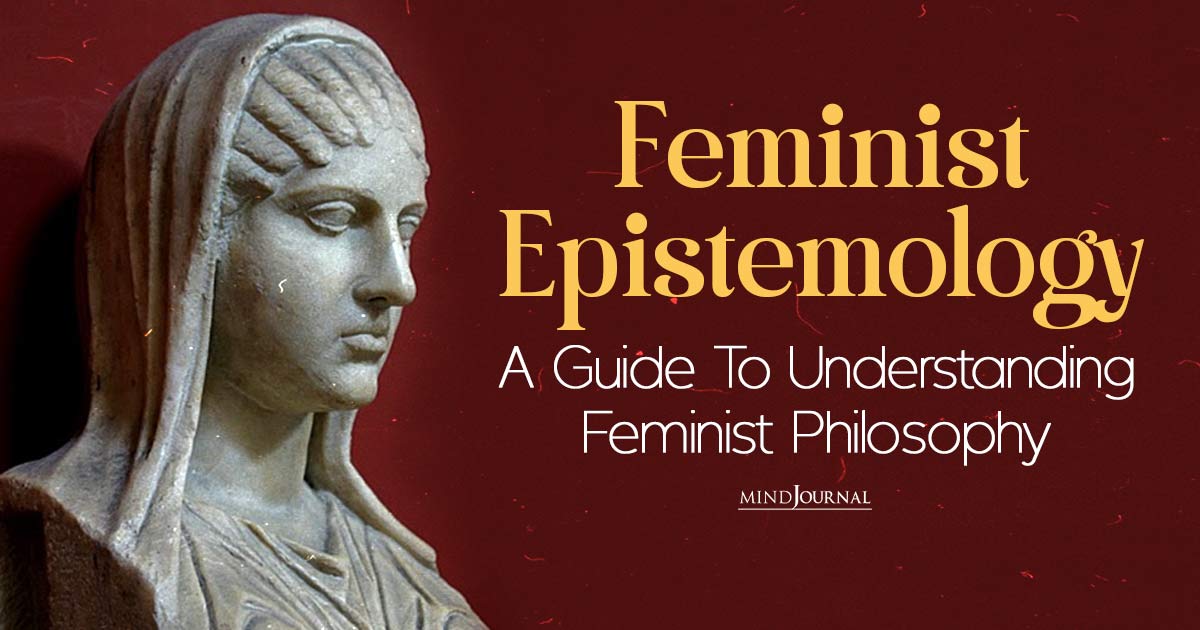
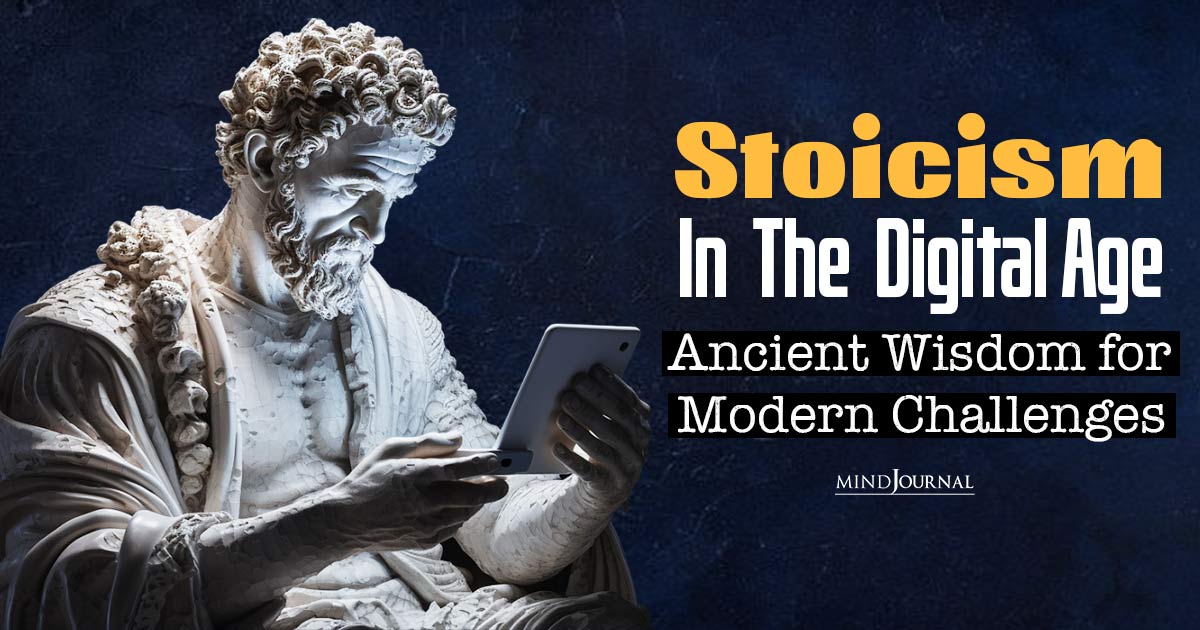


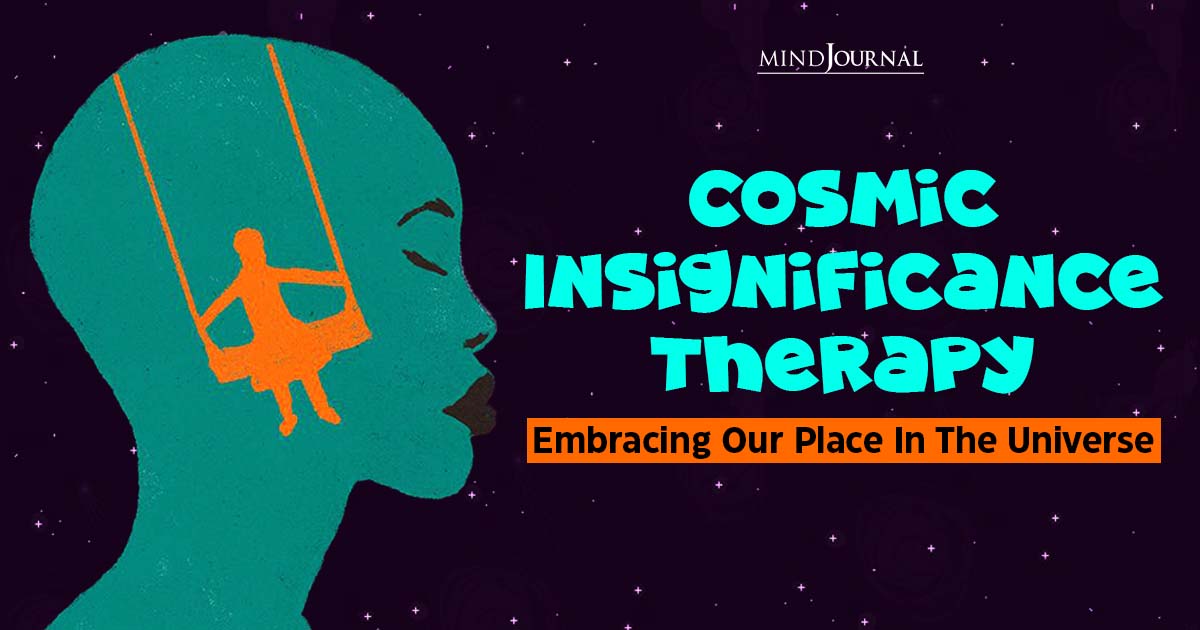

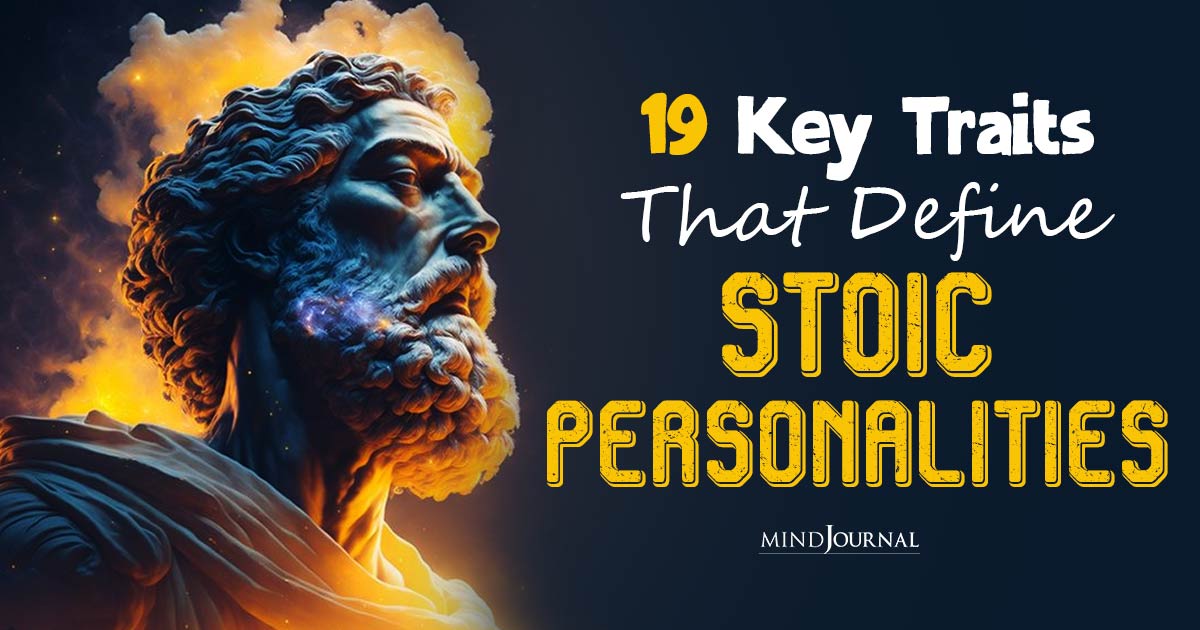

Leave a Reply
You must be logged in to post a comment.